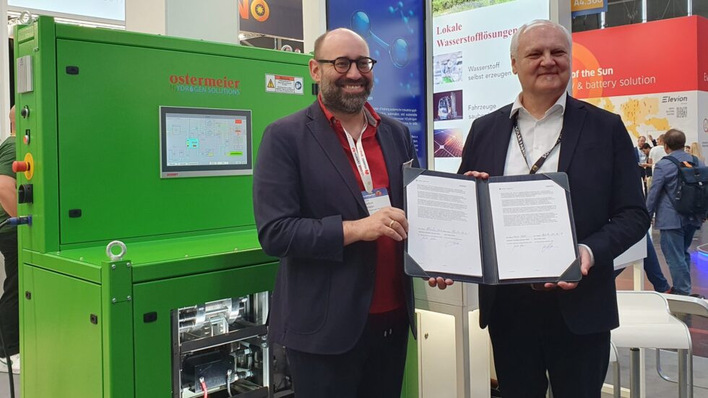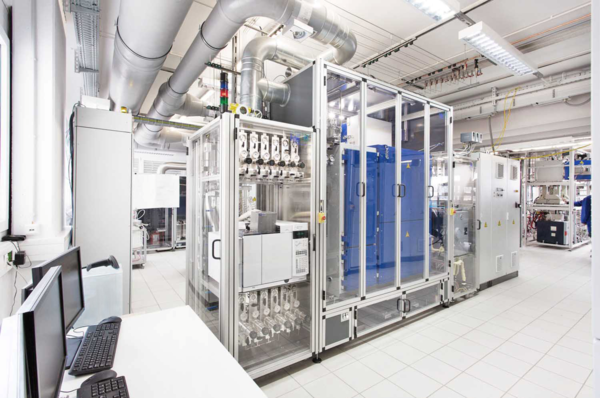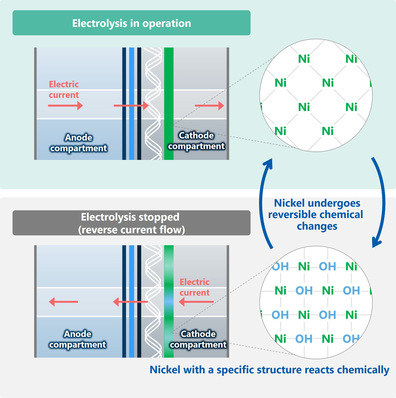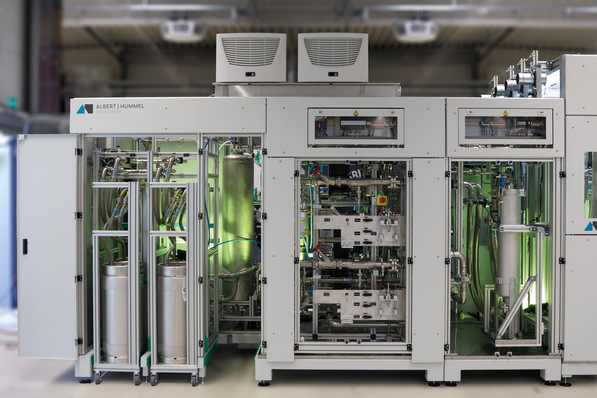
If you take a sober look at e-fuels, alas a disillusioned picture emerges: Fundamentally, e-fuels only reduce emissions if they are made using surplus renewable electricity. Otherwise the power-hungry production of e-fuels leads to higher utilization of the fossil-based power plants that will still be needed for several decades to come. This would then result in more emissions than could be recouped by the use of e-fuels elsewhere. As it stands, however, only a small percentage of renewable power is curtailed, meaning that the potential for producing e-fuels is extremely low.
In addition, these curtailments, i.e., when power generation is scaled back during periods of insufficient demand, only occur for a small number of hours each year. Consequently, the expensive infrastructure required for manufacturing e-fuels would be utilized extremely poorly. As is similar to the situation for hydrogen use, the ensuing costs for saving a ton of carbon dioxide will be higher than alternative carbon reduction measures until at least 2035, even if the expansion of wind and solar capacity is rapidly accelerated.
Why there should be no state funding for e-fuels
Also in the long term, the use of e-fuels will only be cheaper than alternative technologies for a very limited number of no-regret applications that seemingly cannot be decarbonized by other means. And even then it would only be for a proportion of aviation, shipping and heavy-duty vehicle transportation. The decarbonization of these applications is so costly that it only becomes worthwhile if all cheaper courses of action have first been used to raise the renewable portion of primary energy consumption to around 80 percent. If you consider that it was only possible to increase the share of renewables from 1 percent to 17 percent between the years 1990 and 2020, in spite of considerable efforts, then you can begin to fathom how far we are from a sensible use of e-fuels.
Attempts are often made to invalidate this problem by citing the argument that it would be possible to import large quantities of inexpensive e-fuels in the foreseeable future as the green power needed for their production can be generated much more cheaply in many regions of the world than is the case in Germany. Nevertheless, the calculated starting point when this could begin to make a significant contribution is unrealistically early. In addition, for potential exporter countries, the basic principle applies that it only makes sense to produce e-fuels shortly before net zero is reached.
Author: Prof. Andreas Luczak - Kiel University of Applied Sciences








